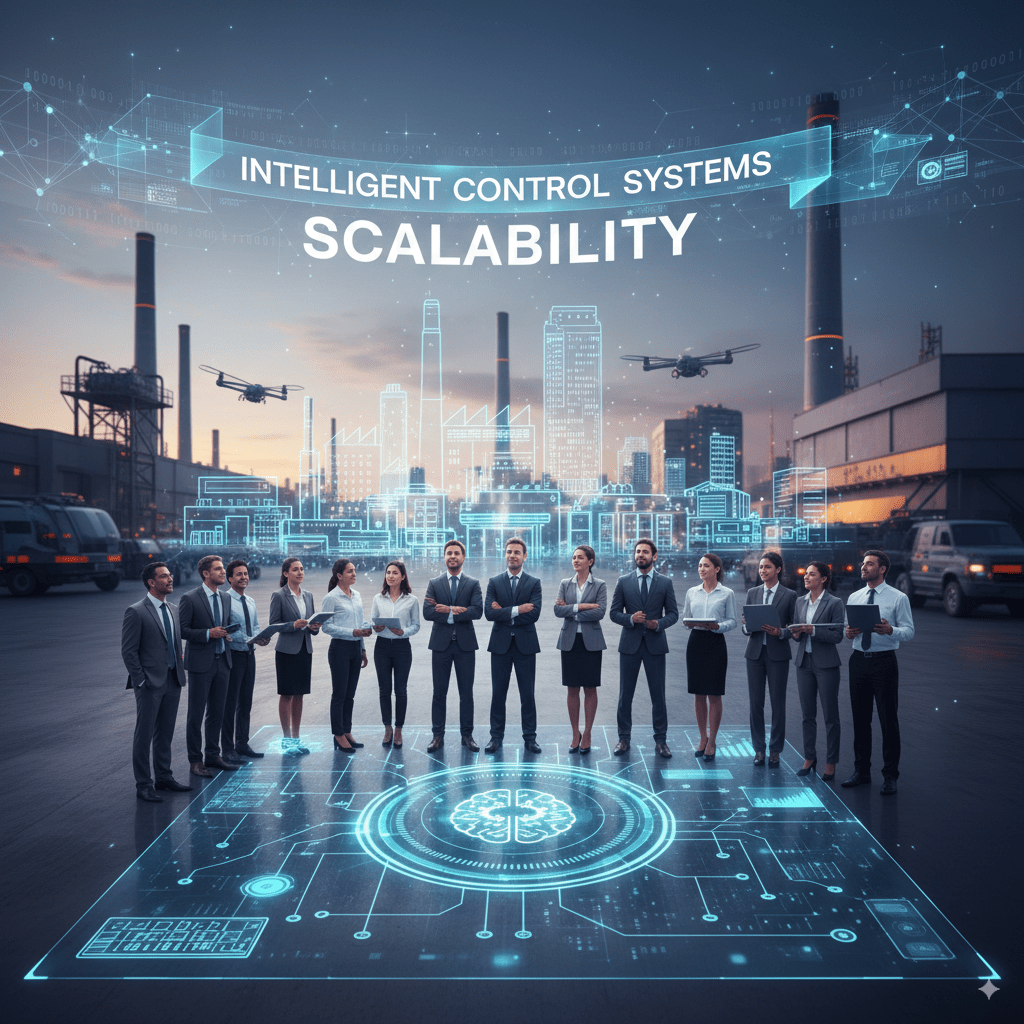
The recent decade has changed everything, whether it is about artificial intelligence, automation, or the Internet of Things. Industries are adapting faster than before because they now have access to solutions that were previously difficult to obtain. These solutions involve massive data processing, from collection to analysis. With the help of these functions, companies can personalize their targets for higher scalability. On the verge of ecommerce, this is the utmost need of every business. Here is what you need, and we did our best to simplify the answers.
The time has come when machine learning has finally become a reality. Users don’t need to guide them to achieve the desired results, as AI has changed everything. When we utilize this intelligent control system in the B2B industry, numerous businesses can gain an extra boost in data analysis, leading to improved results.
Autonomous operations are eliminating unnecessary activities, thereby reducing the cost of B2B operations. For instance, finding the possible buyer or supplier won’t take much time because artificial intelligence can do it for you. Simply provide the correct information, and the AI will find the kind of supplier or buyer you are looking for.
AI machines are not bound to instructions in many activities. They are made to improvise, adapt, and then react accordingly. They know how to diagnose their problems and overcome the challenges. Most machines are capable of providing the answers to the ongoing challenges in the B2B world. For instance, if a business is struggling to identify the root cause of its low sales or marketing issues, AI can provide insights. As time passes, these machines evolve as they are integrated with global resources. They can fetch data from the World Wide Web and upgrade themselves.
All the departments in a business can integrate with an intelligent control system. By doing that, they will save time and resources for countless tasks. There will be no need for old methods to get the job done when automation and AI are there. Users simply need to provide the business model to the software, and it will provide possible answers to diagnose the core issues. At least some of the apparent problems will be addressed through the use of AI.
Then comes IoT, which is related to an intelligent control system. It is paving the way for futuristic operations, such as remote warehouse management and truck movement. Not only can their routes be designed through AI, but they can also be mobilized through IoT. The automatic driving modes are just around the corner, which can change the entire B2B logistics operations.
Likewise, all the operations in different departments will get a faster pace and leaner functions. From logistics to marketing, all departments will get seamless alignment for the precise results. From B2B supplier sourcing to logistics cost analysis, all activities will bring a whole new dimension to the intelligent control system.
When AI and IoT are aligned, companies can achieve precision in their outcomes. There will be less wastage of data and resources compared to the past methods.
Finding a supplier or a buyer for B2B trade will be way easier than before through these features. The search engines are becoming smarter by providing personalized results based on your search history. Your needs will be met when the AI analyzes the nature of your search. For instance, if you are looking for a Chinese supplier that can meet your affordability requirements, while also offering custom production and timely delivery, the AI can help you find such a supplier.
Likewise, the suppliers can connect with the buyers who can’t reach them. Many suppliers are available, but their presence is not readily apparent. They require intelligent control systems to communicate effectively with buyers who meet their requirements.
The data is the basis of success for any firm. The more precise it is, the easier it will be for companies to reach their goals. AI-based filtration and IoT can filter the results however users want. You just need to provide them the right probing, and they will share results based on your needs. Accurate data on demographics and geography helps connect with the suitable B2B partner.
In marketing, using suitable keywords for the target audience you want to connect with makes your marketing efforts successful. The AI can do that filtration when you provide it with the information you have. The clearer the information is, the easier it will be for the intelligent control system to provide correct results.
An intelligent control system like AI is much faster and more precise when it comes to processing vast amounts of data. This is why automation is eliminating the human force, especially in statistical operations. Transforming the clutter into meaningful data and then sorting it requires too much time, expertise, and resources. However, an AI system can do that in a very short time. Although it requires massive energy resources, the time and accuracy in data processing will be excellent. Many industries are already doing that.
As a result, productivity levels will be significantly higher compared to semi-manual operations. Companies are reducing their workforce to accomplish the same tasks with machines at a lower cost and in less time. The result is higher productivity and fewer complications.
AI, IoT, and numerous intelligent control systems are rapidly entering the B2B industry, far surpassing our expectations. Industries are integrating their systems with it to boost productivity and reduce costs. The same applies to B2B operations, where both suppliers and buyers seek to connect with suitable partners for profitable trade. However, one can’t entirely rely on machines, especially AI, because they can make blunders unexpectedly. It is a flaw that the IT experts are overcoming.